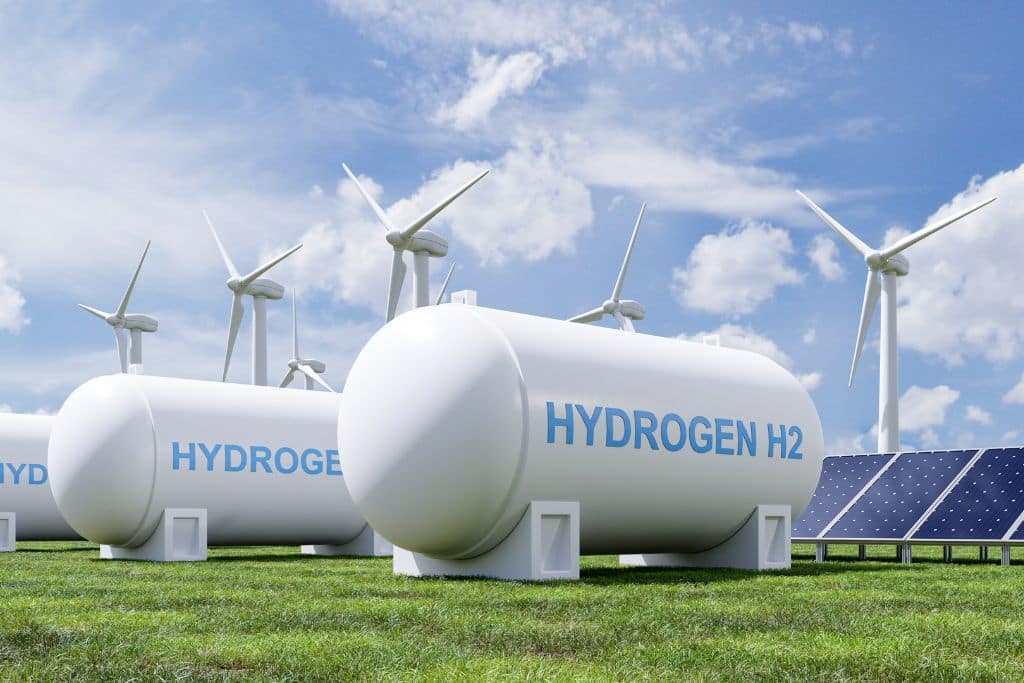The British aerospace company said it completed a successful ground trial of a hydrogen engine, proving the green fuel could play a role in decarbonising the aviation industry.
—
UK manufacturer Rolls-Royce said it successfully concluded the trial of a hydrogen-fuelled aircraft engine, marking a breakthrough for green fuel in air travel and a step forward in decarbonising the aviation industry.
The company conducted the test in partnership with low-cost airline EasyJet, using an AU 2100-A regional aircraft engine converted to run on green hydrogen. The fuel was generated with renewable energy from the European Marine Energy Centre’s tidal energy plant in the Orkney Islands, Scotland.
This July, the companies announced plans to deliver a fleet of hydrogen-powered aircraft by the mid-2030s. Last week’s test made them the first in the world to achieve the feat, marking a promising step forward in the race to develop hydrogen-powered planes on a commercial scale.
“Both companies have set out to prove that hydrogen can safely and efficiently deliver power for civil aero engines and are already planning a second set of tests, with a longer-term ambition to carry out flight tests,” a statement released by Rolls-Royce reads.
UK Secretary of State for Business, Energy and Industrial Strategy, Grant Shapps, called the test a “success story”, adding that it sets an example of how companies can work together to decarbonise the sector.
To stay on track with the UN-backed Race to Zero pledge to achieve net zero carbon emissions by 2050, airlines and manufacturers are scaling up funding and research to find greener alternatives to kerosene, focussing in particular on Sustainable Aviation Fuel (SAF). Electric and hydrogen engines are still in the early stages of development and years away from large-scale adoption.
Until the Covid19 pandemic hit, air traffic doubled every 15 years, and from 2013 to 2019, aviation emissions increased by 33%. They currently account for 2-3% of global greenhouse gas emissions.
You might also like: Is Green Hydrogen Energy Viable and Clean?


















